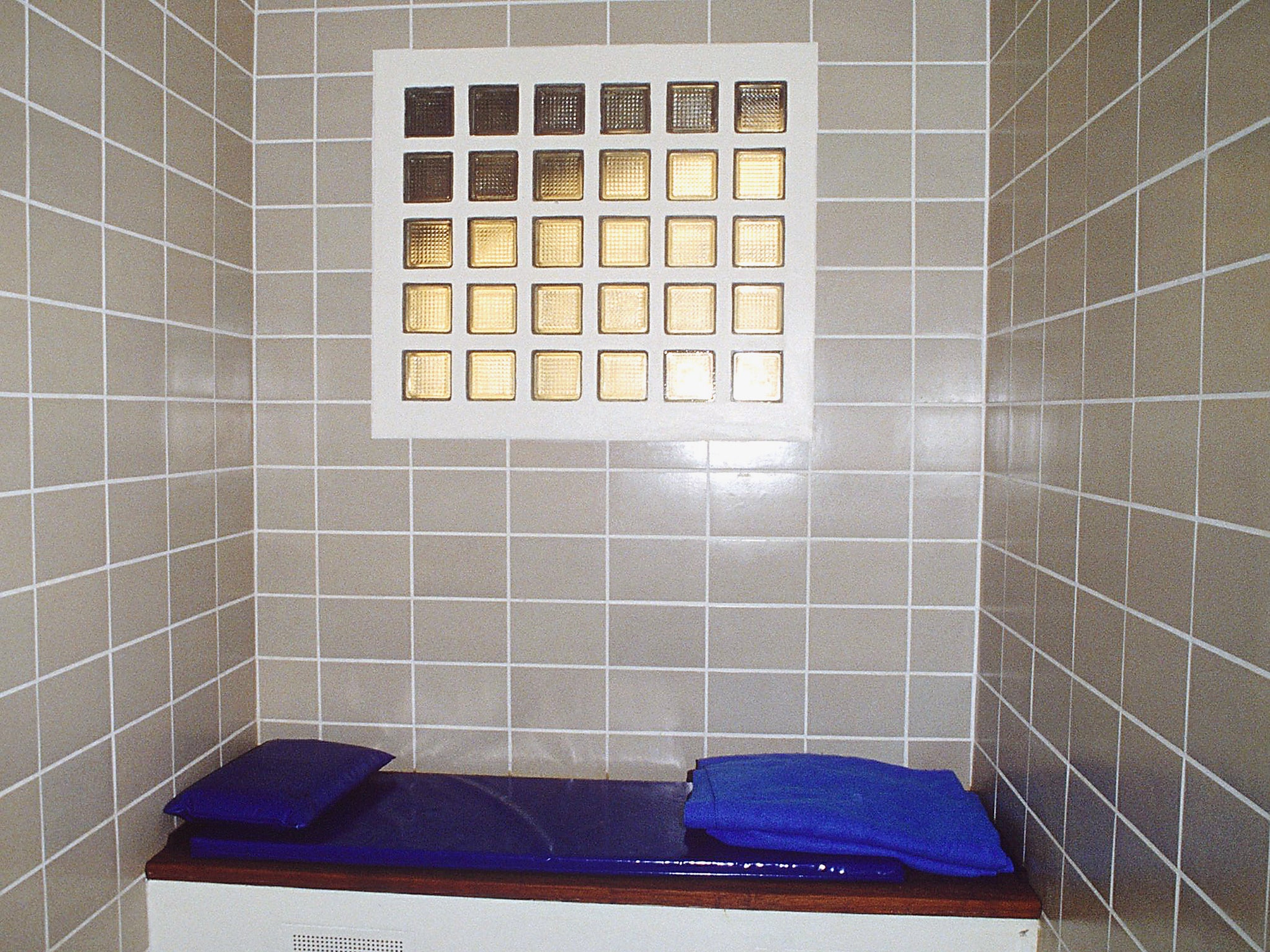400 people killed themselves shortly after release from police custody in past seven years, human rights watchdog finds
'Our report reveals a fractured state of post-detention care that is potentially leading to hundreds of deaths,' says commission chair

At least 400 people killed themselves shortly after they were released from police custody in England and Wales in the last seven years, a new report has said.
The Equality and Human Rights Commission (EHRC) expressed concern over “serious gaps” in the care of people who had been detained, after examining data gathered by the Independent Police Complaints Commission (IPCC) from April 2009 to the end of March 2016.
The commission urged the Home Office to consider transferring responsibility for health care in police stations to the NHS, the BBC reported.
Although the IPCC collects information about the number of people who died in the “immediate aftermath” of state detention anually, the EHRC said it decided to review the figures because they had been given “considerably less attention” than deaths in state custody, which reached an all-time high last year.
Almost all of the 400 “hidden deaths” included in the statistics occurred within 48 hours of release from custody. A small number, which happened outside that time frame, were also included if the individual's detention by police may have been relevant to the subsequent death and the death had been referred to the IPCC.
The IPCC noted the figures were unlikely to be complete, and the actual number may be higher.
“The police may not always be told of an apparent suicide that happens after time spent in custody, as this association may not always be clear. Therefore, there may be additional deaths in these circumstances that are not reported here,” it said.
The Government admitted each death represented a “failure”.
The IPCC noted that the 70 deaths in 2014/15 was the highest number recorded in the category since 2004/05.
It added: “Reporting of these deaths relies on police forces making the link between an apparent suicide and a recent period of custody. Increases in these deaths may therefore be influenced by improved identification and referral of such case.”
Of those who died in the seven years, 128 (32 per cent) had been arrested over allegations of sexual abuse.
The EHRC report said: “Sexual offences, especially in relation to children, are particularly taboo and lead many offenders to feel high levels of shame and experience high levels of social exclusion.”
A further 83 people (21 per cent) who had been investigated over crimes of violence took their own lives; 44 (11 per cent) had faced breach of the peace or criminal damage allegations, and 38 (10 per cent) had been in custody on suspicion of driving offences.
One of the 60 people who killed themselves last year had been detained under the mental health act, while another was just 16 years old.
Mental health concerns and drug or alcohol addiction played a role in the majority of cases.
One case highlighted in the EHRC report concerned a young person who had been caught in possession of cannabis while on a family holiday.
He killed himself after being later wrongly issued with a further summons at his home address.
The Home Office noted there were 60 deaths in 2015/16, down by10 on the previous year, but stressed it was not “complacent” and had launched an independent review to identify “areas for improvement”.
A spokeswoman added: “Every death in or following police custody represents a failure and has the potential to dramatically undermine the relationship between the police and the communities they serve.
“Over recent years police forces have worked closely with NHS England to improve the quality and provision of custody health services and build better local partnerships.”
The commission called on ministers to set up an “inter-agency summit” to tackle the issue.
David Isaac, chairman of the Equality and Human Rights Commission, told the BBC: “When the state detains people, it also has a very high level of responsibility to ensure they are safely rehabilitated back into their communities, particularly those who may be vulnerable.
“Our report reveals a fractured state of post-detention care that is potentially leading to hundreds of deaths.”
The commission said all apparent suicides within two days of release should be referred to the IPCC.
As a “minimum requirement” it said custody health care staff should have “prompt access” to NHS records.
Join our commenting forum
Join thought-provoking conversations, follow other Independent readers and see their replies
Comments